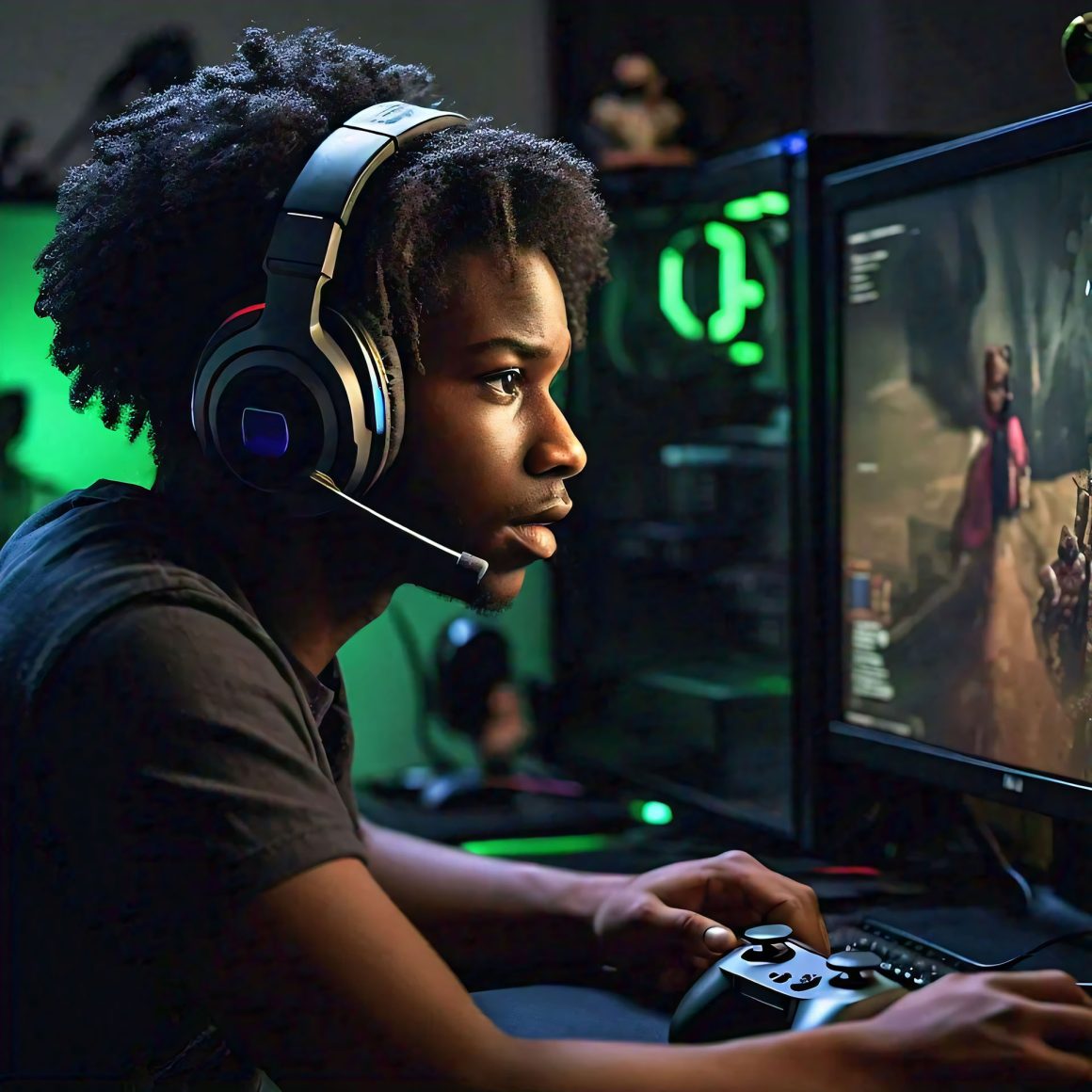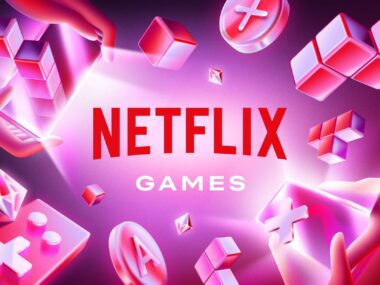Twitch, a popular site for streaming games, offers streamers and gaming companies the opportunity to interact directly with gamers via chat. Twitch collaborates with gaming companies to offer “Twitch Drops,” which allow players to receive in-game items by watching a participating streamer for a set length of time. They expanded this feature by enabling viewers to receive digital in-game items by gifting subscriptions to a streamer.
If you’re wondering why a gamer would want to give money to a Twitch streamer for a digital item in a game they paid for and don’t fully own…that’s a good question! It may not make sense, but it’s a popular feature.
While these promotions provide short-term boosts in engagement and revenue, there are issues. Inflated metrics, viewer manipulation, and the long-term impact on streamers’ mental health are factors that need to be considered.
The Appeal of Twitch Drops
Initially, Twitch Drops were a win-win for both viewers and streamers. Streamers had the opportunity to convert new viewers into members of their community, and viewers could receive a free in-game item by “watching” a stream. Translation: the viewer leaves a browser window open while doing something else.
The expanded version, with gift subscriptions, is less consumer-friendly. For example, a recent Diablo IV promotion offered two in-game mounts if viewers gifted a streamer two or four subscriptions. Warhammer 40K: Space Marines 2 and Throne and Liberty had similar promotions. This added $12 to $24 to the cost of the game for digital mounts that gamers should be able to earn in-game. This practice feels exploitative.
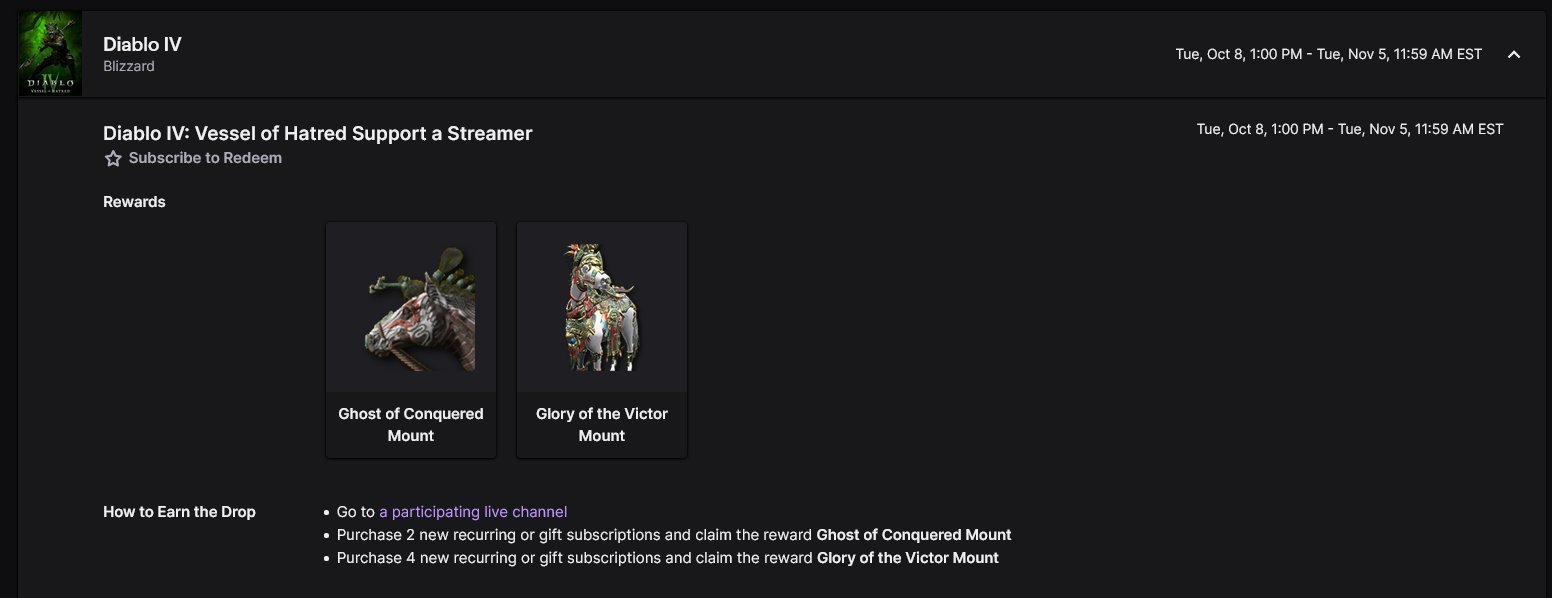
Remember, consumers do not own the games they purchase; instead, they are given a license to access them. For example, if a consumer passes away, they cannot will their account to someone. Does it make sense to pay extra to collect items on an account you don’t own? No, it does not.
Inflating the Numbers

On the surface, Twitch Drops appear to increase viewership. Unfortunately, they inflate metrics more than they foster real community engagement.
Using Stream Charts, we can see the streamer participated in Twitch Drop campaigns for Warhammer 40K: Space Marines 2, Diablo IV, and Throne and Liberty. In the screenshot, their average viewer count remained steady, yet their watch time spiked dramatically. That’s due to the watch time requirements on these promotions. Were viewers really watching? No, most leave streams running in the background to earn rewards.
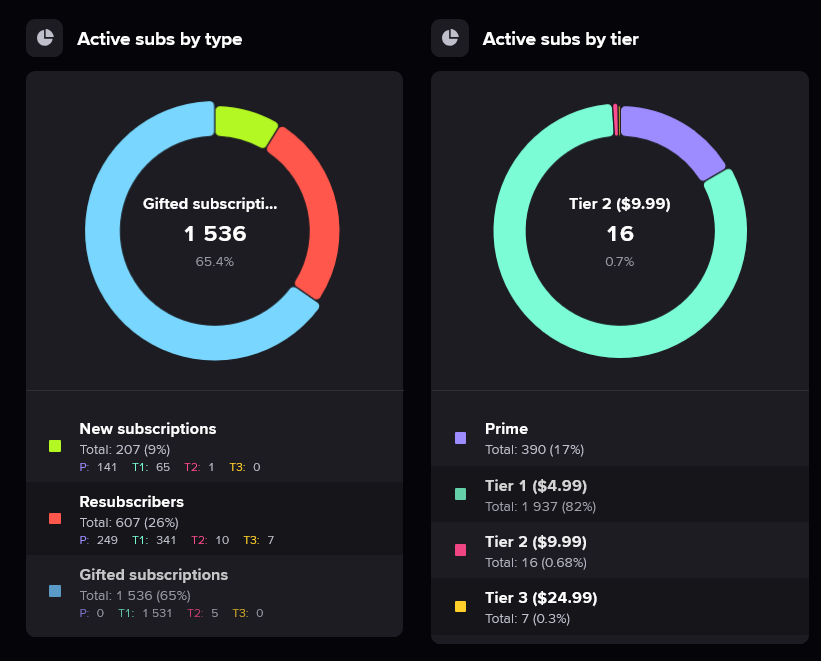
The same streamer received 1,536 gifted subscriptions. This provides a short-term income boost, but people receiving gift subscriptions rarely renew them and often don’t return to the channel unless there’s another Twitch Drops campaign.
Streamers have shared that, while it’s exciting to see a subscription boost, it’s disheartening to watch the numbers drop the following month. To keep these boosted numbers, streamers often play games with Twitch Drops enabled, whether they enjoy them or not. This can take a toll on their mental health.
Advertisers also lose out during these promotions. Viewers aren’t watching the ads because they aren’t actually watching the stream. Gaming companies use Twitch Drops as a cheap marketing tool to gain exposure on Twitch, which, despite large cash flow, remains unprofitable. If Amazon is considering selling Twitch, this is a clever way to boost metrics. It also allows them to charge more for ads by increasing viewers and watch time.
Impact on the Community
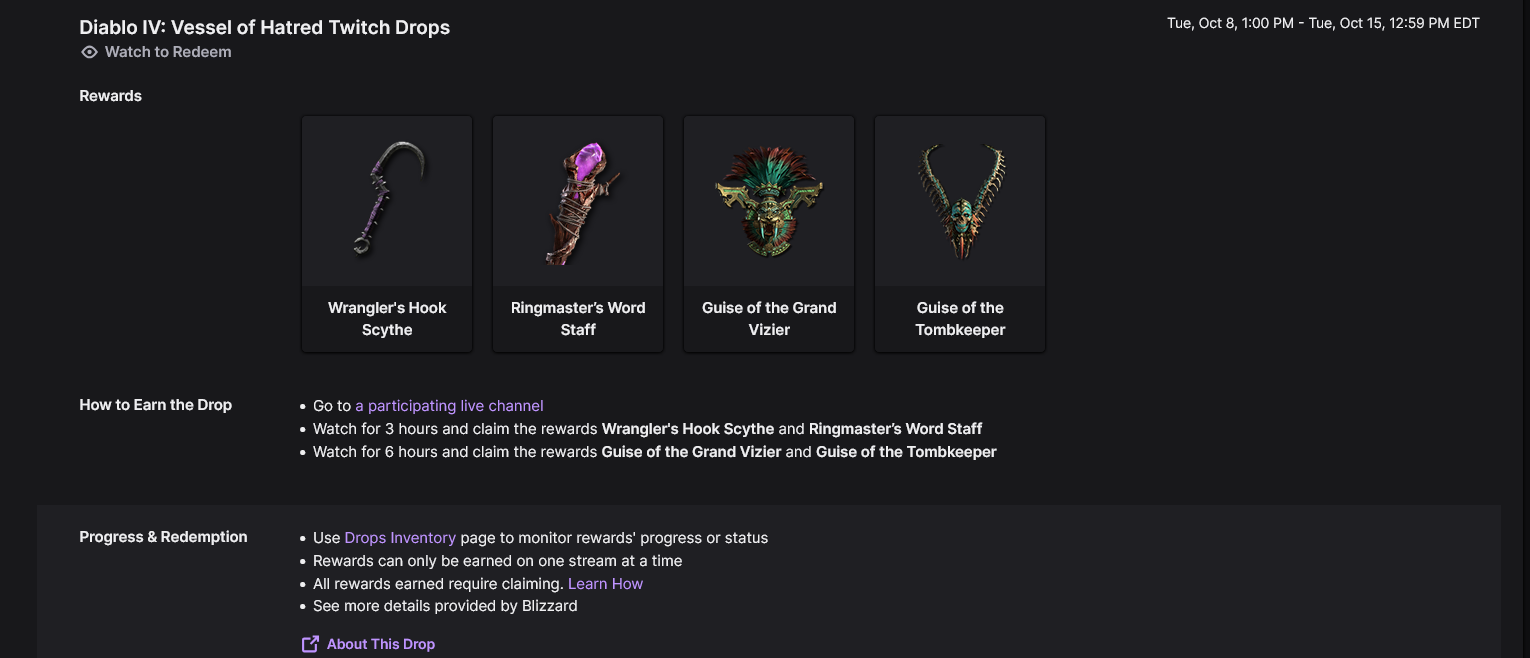
Twitch Drops have other unintended consequences. Viewers who initially watched because they enjoyed the streamer’s personality or content might not appreciate the shift in focus to Twitch Drops campaigns. This erodes the authentic connection the viewer felt with the streamer’s content.
Viewers often cancel their subscriptions during a Twitch Drops campaign. Although subscriptions temporarily rise, the drop in subscriptions is usually hidden. By the time the streamer realizes it, weeks have passed, making it difficult to recover lost viewers.
Conflict of Interest
During these promotions, streamers often receive free access to the game or are sponsored by the gaming company, raising ethical questions. Are they playing the game because they enjoy it or for financial gain? Many streamers play games they are unfamiliar with during Twitch Drops campaigns, resulting in subpar content. This affects their ability to engage with the audience or answer questions effectively.
It’s noticeable when streamers prioritize money over quality content. For example, a particular streamer known for struggling with text-heavy games continues to participate in these promotions, even for such games, which affects the viewing experience. I even found myself dozing off, as they kept yawning during gameplay.
Are Twitch Promotions Good for the Gaming Community?
Inflated metrics, low retention rates, ethical concerns, and a decline in content quality make this arrangement beneficial primarily for Twitch and gaming companies, doesn’t it?
While Twitch Drops look good on paper, are they sustainable? The gaming industry should consider exploring more ethical, consumer-friendly marketing practices.
Viewer Manipulation and Ethical Concerns
The ethical concerns surrounding viewer manipulation and the pressure on streamers to continue participating in these promotions cannot be ignored. These campaigns may keep games higher on Twitch charts, but at what cost to platform integrity and the well-being of its creators?
As Twitch promotions become more prevalent, we should consider whether they’re a sustainable practice—or if the gaming industry should explore more consumer-friendly and transparent ways to promote their content. Raising the cost of digital items in games that players don’t truly own isn’t consumer-friendly. It’s long overdue for consumers to be educated so they can make informed decisions.
